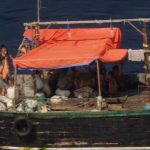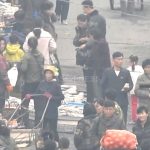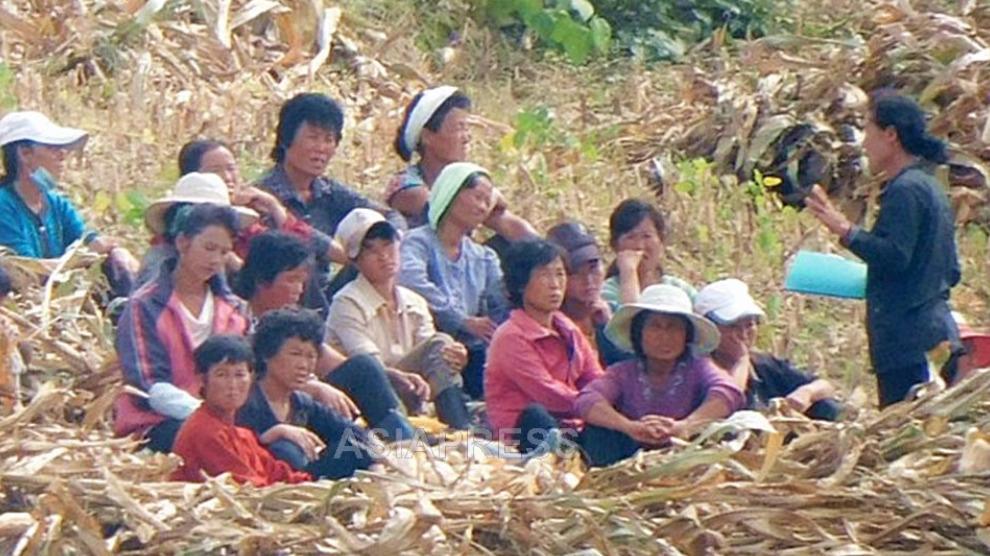
North Korean authorities began surveying impoverished households in late February. The process involves neighborhood units listing "households in food crisis" (families with no food or money) and local administrative offices verifying their living conditions. With the seasonal food shortage period approaching, anxiety about hunger is spreading among residents, many of whom are relying on government assistance. (ISHIMARU Jiro / KANG Ji-won)
◆"How are you eating three meals a day?" - A surprising question
"The food situation for urban residents is truly dire right now. Many people are living on two meals or fewer per day, and households eating three meals are viewed with suspicion - people wonder 'how are they managing that?'"
This was the lament of Informant A, who lives in Hyesan, Ryanggang Province. Since early February, sources from North Pyongan and North Hamgyong provinces have also reported growing concerns among residents about securing food.
There are three main reasons for this anxiety: lack of sufficient income to survive, skyrocketing food prices since last autumn (according to ASIAPRESS research, white rice prices have increased 1.65 times and corn prices 1.38 times compared to the beginning of the year), and the imminent start of the "starving spring" - the seasonal food shortage period.
※ Neighborhood units are the smallest administrative organizations, typically consisting of 20-30 households with approximately 60-80 people.
※ The "barley hump" refers to the spring food shortage period. During the lean period until the potato harvest in June and corn harvest in August-September, stored food dwindles in rural areas while food prices rise in cities.
◆2023 Saw Starvation Deaths, Situation Improved Last Year with Government Support
The most significant blow to urban residents has been the sharp decline in cash income. Since around 2022, the Kim Jong-un regime has strictly regulated private economic activities like trading and has forced people to report to state-owned enterprises and other workplaces. While this policy shift revived the food distribution system, it only provided one-third to half of the necessary rations, leading to numerous deaths from hunger and disease among vulnerable populations in provincial cities from March through summer 2023. People simply had no money to buy food.
Perhaps learning from this chaos, last year Kim Jong-un's regime surveyed "households in food crisis" from early spring and implemented relief measures by distributing corn and other foods free of charge. Sources unanimously reported that "deaths from starvation decreased significantly."
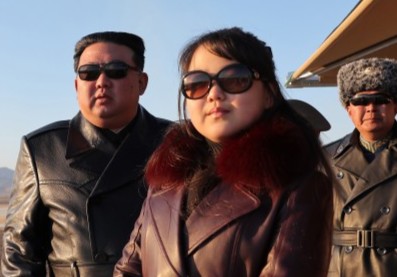
◆Survey Begins to Prevent Starvation Deaths
As the seasonal food shortage period approaches this year, surveys of "households in food crisis" have begun again. Informant A explains the current situation:
"In early February, the central government instructed local people's committees to take responsibility for caring for citizens. Consequently, neighborhood unit leaders are visiting homes to investigate living conditions and compile lists of 'non-working households,' elderly households, and honorary soldiers (disabled veterans), which are then submitted to local administrative offices."
This process of creating "aid recipient" lists is having ripple effects even among residents not initially targeted.
"Many people are approaching their neighborhood unit leaders, pleading, 'We're struggling too. Please add us to the list somehow.' In our neighborhood unit alone, seven households have made such requests. It's also common to see poor elderly people gathering in front of administrative offices, loudly demanding help because they have nothing to eat."
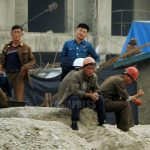
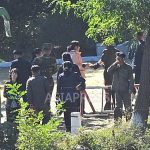
![[Video Report] Kotchebi Girls, Sexually Abused and Exploited](https://www.asiapress.org/rimjin-gang/wp-content/uploads/2016/11/1231-150x150.jpg)
